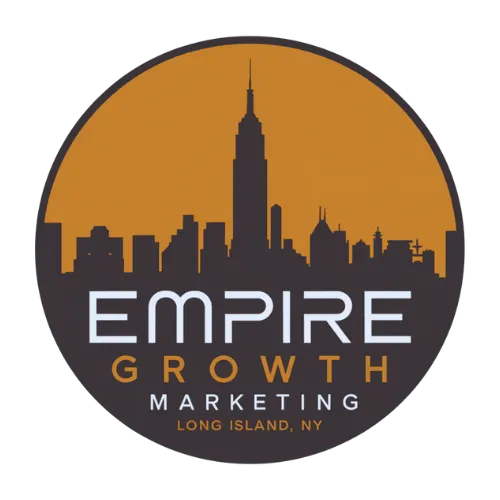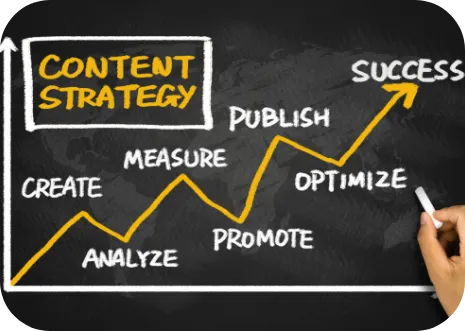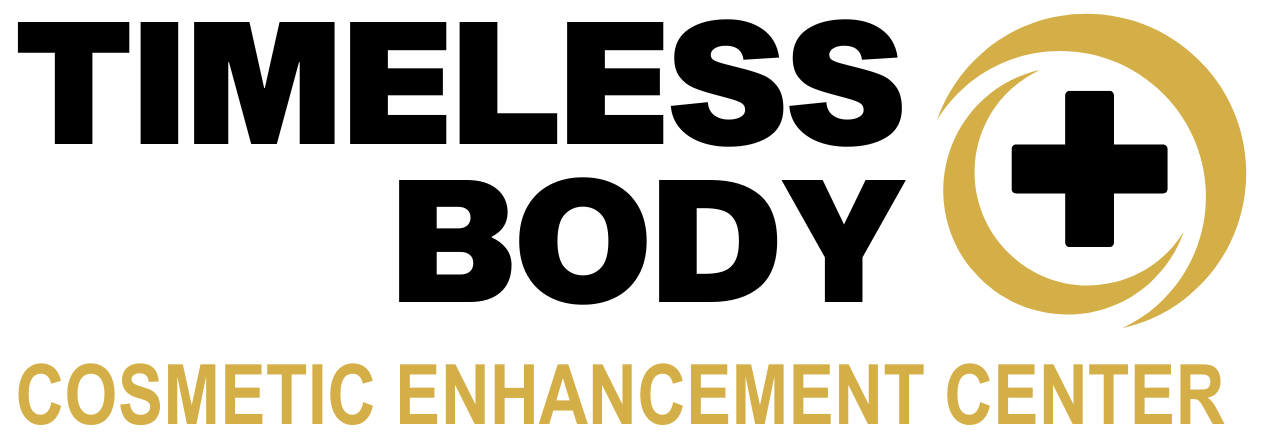Digital Marketing Agency
The Agency That Never Sleeps
Digital Marketing Agency
The Agency That Never Sleeps

Our Story
With years of experience and a commitment to innovation, Empire Growth Marketing delivers comprehensive marketing services. We specialize in strategies that generate leads, automate engagement and appointment setting, and achieve measurable growth for businesses across many industries.
Our Services
Tailored solutions for your marketing needs.

Lead Generation & Social media marketing
Maximize your content's impact with our expert lead generation strategies. We'll devise a tailored roadmap to engage your audience, boost lead flow, and achieve your marketing goals effectively. Elevate your brand!


Website creation & sEO
Empire Growth Marketing specializes in creating smart websites to resonate with your audience, capture leads, and convert them into customers.

Marketing automations
Using the most advanced tools the industry has to offer, our team can help to automate countless tasks that normally require hours of manpower. Save time and money!


Data Analytics & Reporting
Stay ahead of the competition with Empire Growth Marketing's detailed analytics and reporting services. We provide actionable insights into campaign performance, ensuring your marketing strategy is always optimized for success.
What Our Clients Say About Us

Timeless Body

Empire Growth Marketing transformed our marketing game. Their team created a clear strategy and implemented campaigns that brought in more leads than ever before. Highly recommended!

Fencetekk

The team at Empire Growth Marketing exceeded my expectations. From lead generation to content creation, they handled everything professionally and delivered outstanding results.

Energy Boost

Partnering with Empire Growth Marketing was the best decision for my business. Their marketing strategies increased our lead flow by 150% in just three months!
Frequently Asked Questions
Answers to common questions about Empire Growth Marketing and our marketing services.
How do you create custom marketing strategies for businesses?
At Empire Growth Marketing, we begin with a thorough consultation to understand your business goals, target audience, and competitors. Based on this, we design a personalized strategy to achieve measurable results.
What SEO practices does Empire Growth Marketing use to boost visibility?
We use a combination of on-page and off-page SEO, keyword research, content optimization, backlink building, and technical SEO to ensure your website ranks higher on search engines.
Can Empire Growth Marketing handle multi-channel campaigns?
Absolutely! Our team specializes in managing cohesive campaigns across social media, email, PPC advertising, and other digital platforms to ensure consistent branding and maximum ROI.
How will I receive campaign performance reports and analytics?
Empire Growth Marketing provides detailed, easy-to-understand reports with insights on key metrics like website traffic, engagement rates, conversions, and ROI. We also schedule regular review meetings to discuss performance and next steps.
Do you offer one-time services or ongoing packages?
We offer both! Whether you need a one-time consultation or long-term support, Empire Growth Marketing provides flexible packages tailored to your business needs.
How do I get started with Empire Growth Marketing's marketing services?
Getting started is easy! Simply contact us via email or phone, or click the “Request a Consultation Now!” button on our website to book your free consultation.